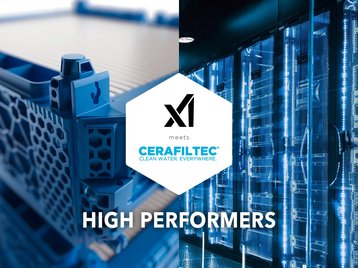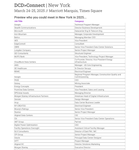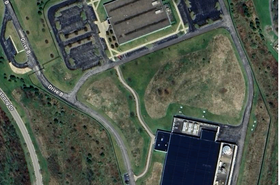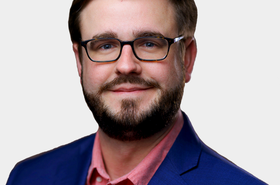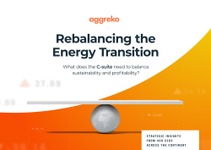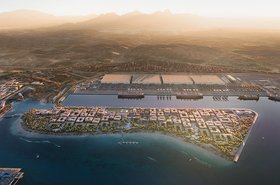xAI is building what it claims is the world’s largest ceramic membrane bioreactor so that it can use wastewater to cool its Colossus supercomputer in Memphis, Tennessee.
Elon Musk’s AI startup is working with Cerafiltec, a German company that specializes in providing ceramic membranes that can be used to filter dirty water, to develop the water treatment plant at a site in Memphis. The project will cost $80 million and be built on a 13-acre site xAI is set to acquire from the city council.
Due to come online later this year, the plant will apparently enable xAI to reuse 49.2 million liters (13 million gallons) of wastewater per day. The company says this will be more than enough to service the cooling needs of Colossus, meaning water can also be supplied to other local businesses, reducing the strain on the Memphis Sands Aquifier, the primary drinking water source for the Memphis region.
“Cerafiltec’s robust ceramic membrane technology meets our demanding requirements for ultra-reliable and efficient water treatment to support our state-of-the-art supercomputer,” said Mark Carroll, xAI’s wastewater engineer who is leading the design and construction of the recycling plant.
“This partnership enables us to set new benchmarks in both technology and water efficiency, ensuring vital cooling water supply for our high-performance computing systems with no impact on local potable water supplies.”
Councillors in Memphis were initially skeptical about selling the land to xAI, which is paying $820,000 to acquire the plot. However, the move was approved at a meeting on Tuesday.
In comments reported by the Daily Memphian, Memphis Mayor Paul Young welcomed news of the plant, saying xAI has “found a solution our community has been asking for since 2017.” He added: “I think this is a really good deal for our community.”
Speaking to councilors on Tuesday, xAI’s Brent Mayo said: “It’s critically important for us to be sustainable for everything that we do.” The company has previously faced criticism from community groups that its data center could have negative consequences for the city’s air quality and water supply.
Colossus launched last year, running a reported 100,000 Nvidia GPUs in a data center housed in a former Electrolux factory in Memphis.
Musk said in October 2024 plans are afoot to increase this to 200,000, and the company revealed in December it would eventually like to run one million GPUs in the data center. DCD reported last week that the company could open a second data center, and is in talks with Dell over a $5 billion order for new servers.
Colossus is used to train and run the company’s AI chatbot, Grok, which Musk hopes will compete with services such as OpenAI’s ChatGPT.
Ceramic membranes are known to be superior to alternative mediums when it comes to tasks such as treating wastewater and separating water from oil. However, they are also more costly than other options on the market.
Cerafiltec is a privately owned company that has been working in filtration for more than 25 years. It is headquartered in Saarbrücken, Germany.
Dr. Juergen Hambrecht, chairman of Cerafiltec, said: “Our collaboration with xAI showcases the transformative potential of ceramic membranes in water and wastewater treatment, offering unparalleled reliability and efficiency. This project establishes a new industry benchmark and reinforces Cerafiltec’s role as a global leader in innovative water solutions.”
Read the orginal article: https://www.datacenterdynamics.com/en/news/elon-musk-xai-memphis-supercomputer-wastewater-treatment/
